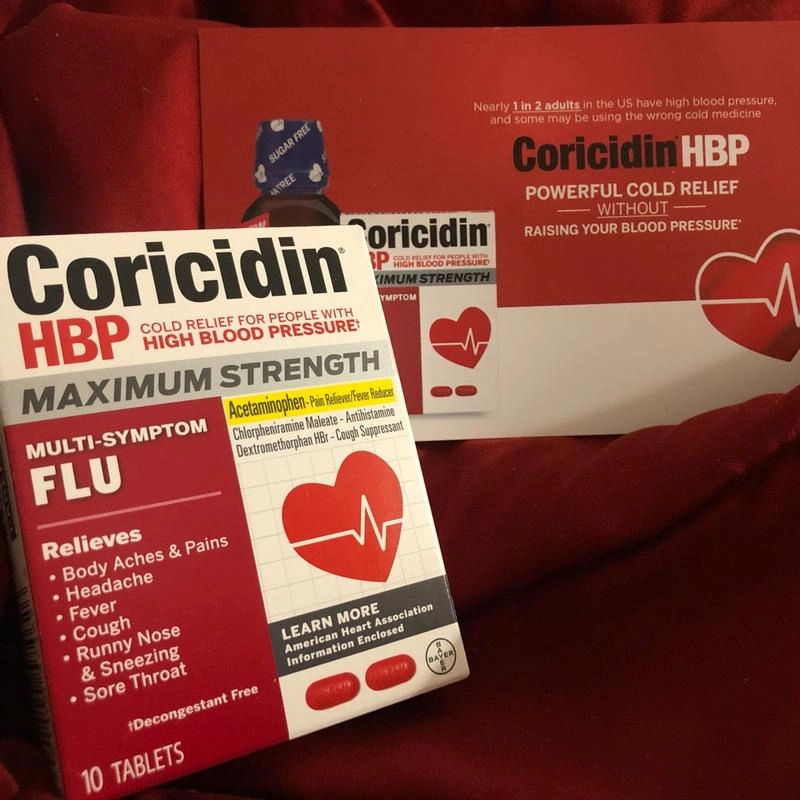Holistic health healing addresses the whole person: body, mind, and spirit. Learn how it works, what to expect, and its benefits as you dig into this guide.

Holistic health healing is defined as treatment that focuses on treating a whole person-physical, mental, emotional, and spiritual—for wellness.
Instead of mere symptomatic treatment, holistic healing searches for the root causes of the health problem and promotes overall balance and well-being. Many people turn to holistic health healing for natural, non-invasive maintenance of good health and illness prevention.
What is Holistic Health Healing?
Holistic health healing deals with a person concerning all facets of his life. The term “holistic” itself, coming from the word “whole,” speaks of a practice that views everything as an integral part: physical health, emotional well-being, mental clarity, and spiritual peace.
As opposed to conventional medicine, which often treats symptoms or diseases, holistic healing researches the roots of problems in health.
For instance, when one is experiencing frequent headaches, other than prescribing painkillers, a holistic healer would ask about diet, stress levels, emotional problems, sleeping patterns, and lifestyle choices one engages in. They try to find the root cause of the problem and treat it; this may improve not only the headaches but also the overall health of the person.
How Holistic Health Healing Works
Holistic health healing helps the body, mind, and spirit to work together in harmony. When all parts of a person are in balance, they feel healthier and more energized. Here’s how holistic healing works:
1. Treatment of the Cause
Rather than treating a symptom, holistic healing seeks the cause. For instance, if you are always tired, a holistic approach to health would look into things such as diet, sleep, stress, and mental outlook.
One course of action is the identification and treatment of the underlying cause of the tiredness, rather than providing a temporary energy booster.
2. Balance and Harmony
Holistic healing aims at balancing the different systems of the body, such as digestion, hormones, and energy. In case these systems are in proper balance with one another, there will be achieved by the body an ultimate feeling of health.
A diet or exercise change or adjustment of sleep may be needed, which will have to be implemented to begin the balancing process.
3. Personalized Treatment
Holistic healing is personalized, so there is no one-size-fits-all approach. A holistic practitioner will design a treatment plan in your name. This may involve natural therapies like herbs, nutritional advice, or some kind of relaxing technique, or therapies such as massage or acupuncture.
4. Focus on Prevention
Holistic health does not treat the illness but rather focuses on the prevention of the problem from occurring in the first place. If the body is balanced and healthy, the function of holistic healing can prevent many common illnesses.
This may include lifestyle changes related to eating a better diet, reducing stress, and exercising more often than one is used to.
5. Natural Treatments
Holistic healing generally employs the use of natural remedies such as herbs, vitamins, and other natural materials to assist the body in recovery.
These are soft, working in coordination with your body as opposed to against it. Some common practices involved with holistic healing are meditation, acupuncture, yoga, and aromatherapy.
What to Expect From Holistic Health Healing

The first thing to understand when trying holistic health healing is that, quite simply, it’s different from conventional medicine. Here’s what you can expect:
1. A Whole-Person Approach
Holistic healing considers your physical symptoms, but also considers mental, emotional, lifestyle, diet, and environmental factors. Practitioners may ask about daily life and may want to know how much sleep you actually get, how you handle your stress, and in general, how you feel.
2. Personal Care
Being personalized, in holistic healing, a treatment plan will be designed specifically for you. This may involve some change in your eating habits, stress management techniques, supplements, or some alternative therapy. The bottom line is that this remedy will help your body to start healing on its own, improving your well-being.
3. Natural Remedies
You’d expect herbal or nutritional supplements as natural remedies, and these are usually prescribed with correlated lifestyle changes that would help your body heal itself. Other practices may include massages, acupuncture, or yoga to help your body come back into balance.
4. Time and Commitment
Holistic healing does take some time. Since it works on enhancing general health and not just masking symptoms, results may take a little time to manifest. Patience and commitment towards bringing about positive changes in life will help you get the best results.
5. Active Participation
You will have to participate actively in your recovery process, which may involve changes in diet, the elimination of stress, and time for relaxation. Though the practitioner might guide you, your active participation is necessary for the long run.
Benefits of Holistic Health Healing
Holistic health healing provides a lot of advantages since the totality of the person is treated. The important advantages include:
1. Treats the Whole Person
Holistic healing considers your life on all levels—physical, emotional, mental, and spiritual. That means you’re not just a symptom or a bunch of symptoms, you’re a person with several interdependent parts. Because of this, your healing can be much deeper and more meaningful, touching many levels of your person.
2. Natural and Non-Invasive
Holistic healing methods in health matters usually incorporate natural means that are easy on the body. Herbs, essential oils, and lifestyle changes generally are non-invasive and support the body’s innate tendency for self-cure from within, rather than submitting it to toxic side effects brought about by conventional drugs.
3. Improved Overall Health
By focusing on balance and prevention, holistic health healing improves overall well-being, showing ways to enhance your diet, reduce stress, get more sleep, and develop better feelings mentally and emotionally.
4. Long-Term Health
Since it’s a natural way of addressing the roots of health issues, it can be effective in the long run. The balance within holistic health supports the body and its systems in attempting to avoid chronic diseases and improving your quality of life over time.
5. Mental and Emotional Balance
Holistic healing recognizes the important relationship between the mind and body. Dealing with one’s emotional and mental health, holistic healing reduces anxiety, improves mood, and allows clarity of mind.
Lastly, for those interested in such aspects, holistic healing can also promote spiritual growth. Mediation and mindfulness are just some of the many holistic practices that provide ways for people to relate to themselves and others more meaningfully. This, in turn, can bring greater peace and fulfillment into the life of an individual.
Bottom Line
Holistic health healing is non-invasive, and it’s a natural approach towards the wholeness of being: personhood. It deals with treating symptoms that are physical, emotional, mental, and spiritual. With holistic healing, one seeks and treats the roots of health problems so as to bring into balance the body, mind, and spirit.
This lingers with the aim to promote long-term wellness and prevent diseases through self-care, natural remedies, and lifestyle modification. Holistic health healing may be what you need to gently take care of your health in a natural way.
The process of healing takes time, and it is very important to be involved in one’s own wellness journey. Through holistic healing, one can be in charge of their health and create a balanced, fulfilling life.






